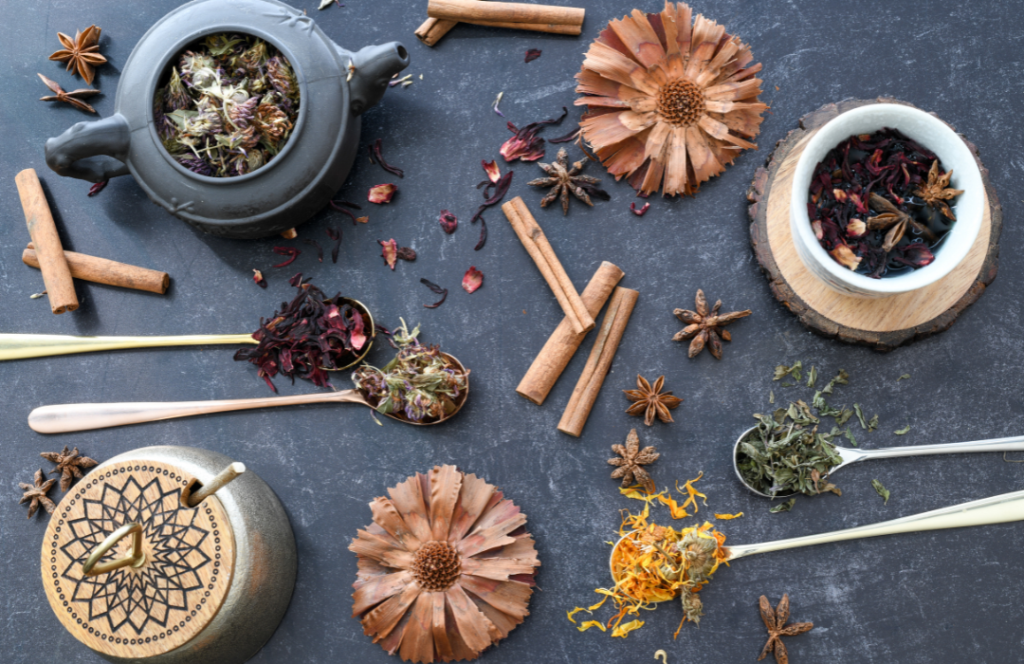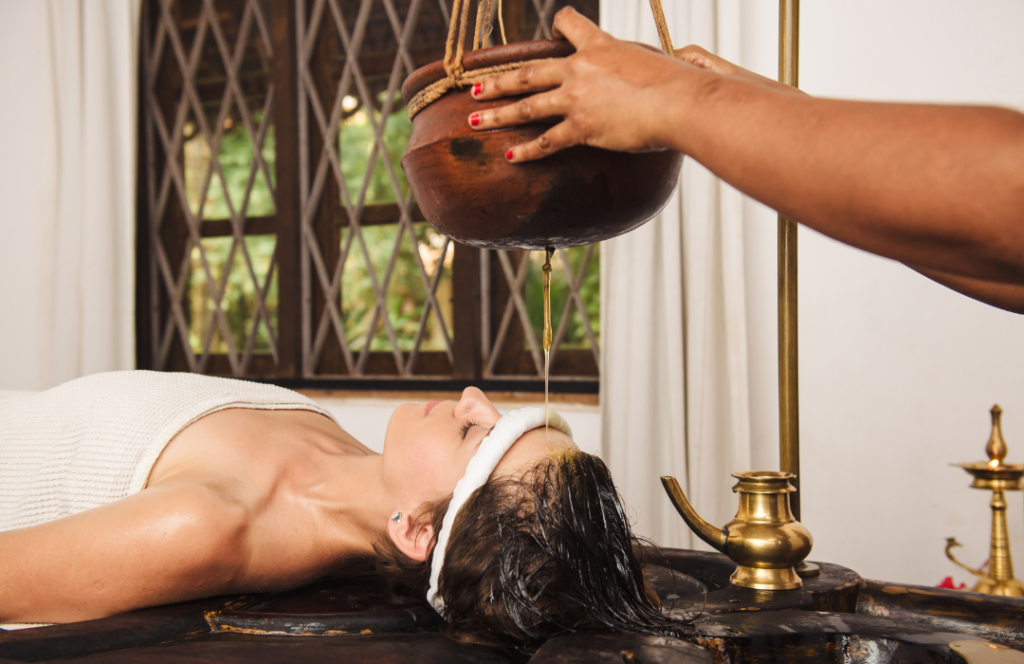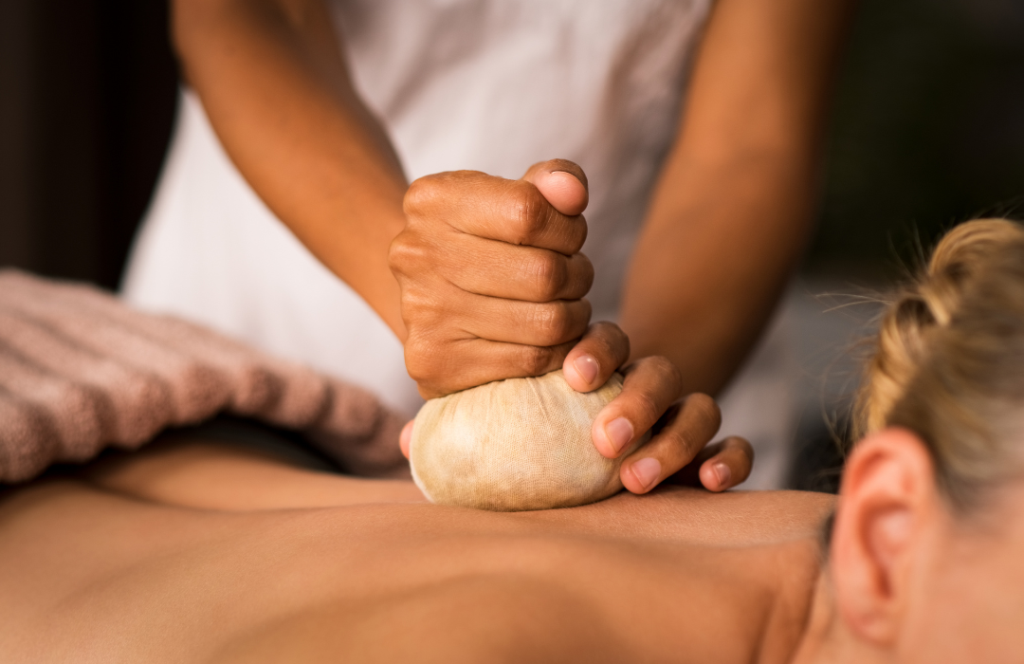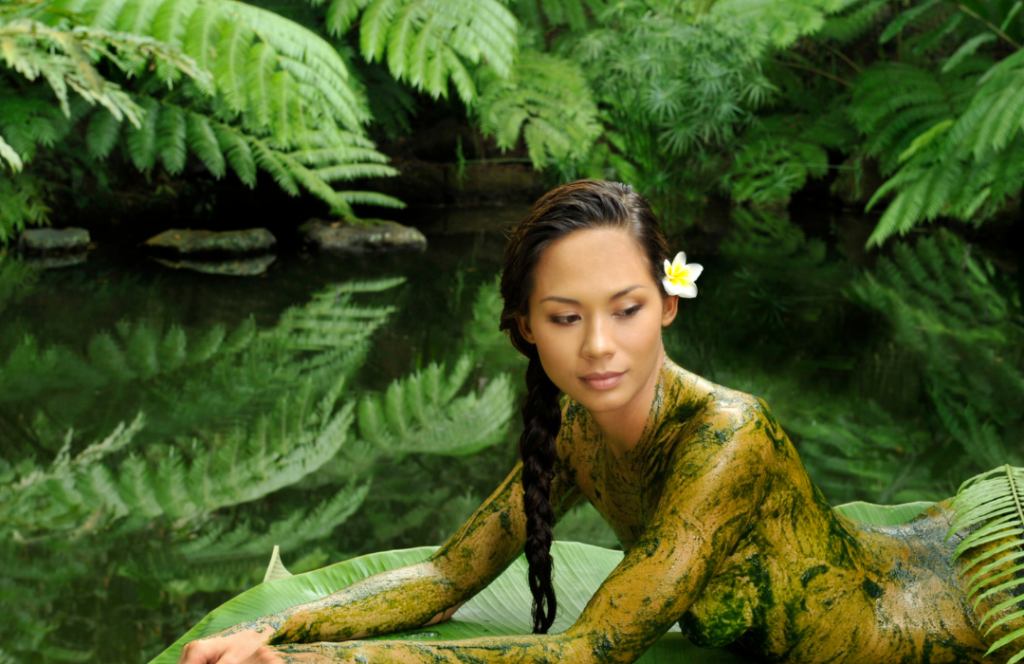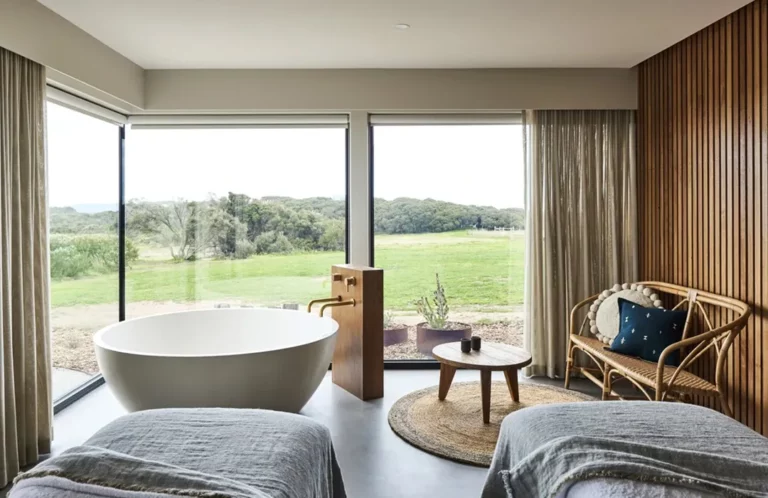Ayurveda, often referred to as the “Science of Life,” is a holistic healing system that originated in India over 5,000 years ago. Rooted in the belief that health and wellness depend on a delicate balance between the mind, body, and spirit.
Ayurvedic therapies are increasingly sought after for their profound effects on mental clarity, emotional balance, and physical rejuvenation. Some wellness retreats and day spas, particularly across Asia, are incorporating this deeply restorative healing system into their treatments.
You can also visit Ayurvedic Retreats that blend Ayurvedic wisdom with Western medicine which can result in deep healing, emotional resilience, and a more harmonious lifestyle.
The Foundations of Ayurveda
The term “Ayurveda” is derived from the Sanskrit words “Ayu” (life) and “Veda” (knowledge), signifying the knowledge of life. Unlike conventional medicine, which often focuses on treating symptoms, Ayurveda emphasises understanding the root causes of ailments and restoring balance through natural means.
Central to Ayurvedic philosophy is the concept of the three doshas: Vata, Pitta, and Kapha. These doshas represent combinations of the five fundamental elements – earth, water, fire, air, and ether – and govern various physiological and psychological functions in the body.
Each individual has a unique constitution (Prakriti) determined by the predominant dosha(s), influencing their physical characteristics, mental attributes, and susceptibility to certain health conditions.
The Three Doshas Explained
- Vata (Air and Ether): Associated with movement, Vata governs functions like breathing, circulation, and nerve impulses. Individuals with a Vata constitution are often energetic, creative, and quick-thinking but may be prone to anxiety and digestive issues when imbalanced.
- Pitta (Fire and Water): Pitta controls metabolism, digestion, and energy production. Pitta-dominant individuals are typically intelligent, determined, and passionate but may experience irritability and inflammation when out of balance.
- Kapha (Earth and Water): Kapha provides structure, stability, and lubrication to the body. Those with a Kapha constitution are generally calm, compassionate, and strong but can face challenges like weight gain and sluggishness if their dosha is excessive.
Getting Started with Ayurveda
Embarking on an Ayurvedic journey begins with understanding your dosha and making gradual lifestyle adjustments to support balance. Consulting with a qualified Ayurvedic practitioner can provide personalised insights and recommendations tailored to your specific needs.
Ayurveda presents a time-tested, holistic approach to health that harmonises the body, mind, and spirit. By embracing its principles, individuals can cultivate a deeper connection with themselves and the natural world, paving the way for lasting wellness and vitality.
Ayurvedic Practices for Holistic Health
Ayurveda offers a variety of practices aimed at promoting balance and preventing disease:
- Dietary Guidelines: Tailoring one’s diet to their dosha can enhance digestion and overall well-being.
- Herbal Remedies: Natural herbs like ashwagandha, turmeric, and triphala are used to support various bodily functions and address specific health concerns.
- Daily Routines (Dinacharya): Establishing daily habits, such as waking up early, practicing self-massage (Abhyanga), and maintaining regular meal times, helps synchronise the body with natural rhythms.
- Detoxification (Panchakarma): This series of cleansing procedures aims to eliminate toxins and restore doshic balance through methods like oil massages, steam therapy, and dietary adjustments.
- Yoga and Meditation: Incorporating physical postures and mindfulness practices enhances mental clarity, flexibility, and emotional stability.
Ayurvedic treatments at Wellness Retreats
Wellness retreats often incorporate Ayurvedic consultations, where you can get guidance on diet, lifestyle, and stress management based on your dosha type. These immersive experiences allow you to gain deeper self-awareness, improve your wellbeing and leave feeling aligned in both body and mind.
Treatments such as Abhyanga (warm oil massage), Shirodhara (oil poured onto the forehead), and herbal steam therapy often offered at wellness retreats are not only deeply relaxing but are also believed to stimulate the lymphatic system, support detoxification, and balance the nervous system – key components of long-term wellbeing in Ayurvedic medicine.
Ayurvedic Retreats
Ayurveda’s emphasis on individualised care and natural healing resonates with the offerings at wellness retreats with some specialising as Ayurvedic retreats.
These retreats exemplify the global embrace of Ayurveda, offering transformative experiences that align with the principles of holistic healing. By integrating traditional practices with modern wellness approaches, they provide pathways to enhanced wellbeing and balance.
Three world-class Ayurvedic retreats are in Asia, all recognised as some of the top wellness retreats for deep healing.
Kamalaya Wellness Sanctuary (Koh Samui, Thailand)
Kamalaya offers comprehensive wellness programs that incorporate Ayurvedic practices, traditional Chinese medicine, and holistic therapies.
The Farm at San Benito (Batangas, Philippines)
Renowned as a holistic medical wellness resort, The Farm at San Benito is set in a lush tropical environment and provides integrative medical services, including Ayurvedic treatments, detox programs, and stress management therapies.
Oneworld Ayurveda Panchakarma Centre (Bali, Indonesia)
Offering high-quality Panchakarma detox programs designed to deeply cleanse, rejuvenate, and heal. Oneworld on Bali offers treatments that are tailored to your needs, addressing issues like chronic stress, sleep disorders, and immune system support.
Whether you’re seeking deep relaxation, emotional renewal, or a fresh start for your health, an Ayurvedic retreat offers more than your classic wellness retreat. Rooted in timeless wisdom and personalised care, they are retreats for true healing of the body, mind and spirit.
Written by Lisa McLean
Discover more wellness articles HERE

